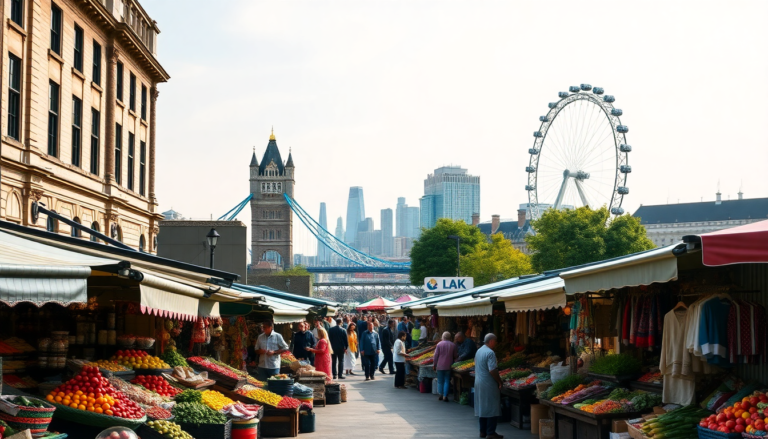What does it mean to be English today? Explore the cultural shifts and complexities of England's identity.

Topics covered
England, a cornerstone of the United Kingdom, is often misunderstood beyond its borders. Many equate England with the entirety of Great Britain or even the UK itself, leading to a conflated understanding of its identity. However, England has undergone significant transformations, evolving from a distinct political entity into a part of a larger collective.
As the influence of Scotland, Wales, and Northern Ireland grows, England’s unique characteristics can sometimes seem overshadowed.
Geographical and cultural diversity
The geographic landscape of England is marked by rolling hills and fertile plains, shaped over millennia. This diverse topography supports a rich agricultural heritage that has thrived since ancient times.
The rivers and streams crisscrossing the land not only enhance its beauty but also contribute to a vibrant economy. Yet, beyond its physical attributes, England’s cultural fabric is woven from various historical influences, from Celtic tribes to Anglo-Saxon kingdoms.
Despite its compact size, no point in England is more than 75 miles from the sea. This proximity has fostered a culture that values both community and individuality. Regions like Yorkshire, the West Country, and the Midlands each boast distinct dialects and traditions, creating a patchwork of identities that coexist within the broader English narrative. While regional ties remain strong, a unifying English identity persists, shaped by shared history and experiences.
Industrial revolution and urbanization
The early 19th century marked a pivotal moment in England’s history, as it became the epicenter of the Industrial Revolution. Cities like Manchester and Birmingham transformed into industrial powerhouses, fueling economic growth and attracting immigrants from across the globe. London emerged as a global metropolis, a hub of politics, culture, and commerce. Today, London continues to be a beacon of innovation, drawing talent and ideas from around the world, further enriching its cultural landscape.
However, this rapid urbanization also brought challenges. The shift from a predominantly rural society to an urban one has altered social dynamics, with many grappling with the implications of living in densely populated cities. The loss of traditional ways of life has led to a sense of nostalgia for some, while others embrace the vibrancy of modern urban culture.
Reflections on Englishness
In the wake of losing its vast empire in the 20th century, England faced an identity crisis. Questions about what it means to be English have become increasingly relevant, especially in a country enriched by immigration from former colonies. The cultural landscape is now more cosmopolitan, yet the essence of Englishness remains elusive and complex. Author George Orwell encapsulated this sentiment, suggesting that English civilization possesses a unique flavor, characterized by its traditions, landscapes, and social norms.
Today, discussions about English identity often intersect with themes of multiculturalism and globalization. As different cultures intermingle, England’s identity continues to evolve, reflecting both its historical roots and contemporary realities. The challenge lies in finding a balance between embracing new influences while honoring the traditions that define English culture.
Conclusion: A living, breathing identity
The identity of England is not static; it is a dynamic and evolving narrative shaped by history, geography, and culture. As England navigates the complexities of a globalized world, its identity will continue to adapt and flourish. The interplay of tradition and modernity creates a rich tapestry that is distinctly English, yet also universal. In the end, England’s story is about resilience and the ongoing journey of self-discovery.




